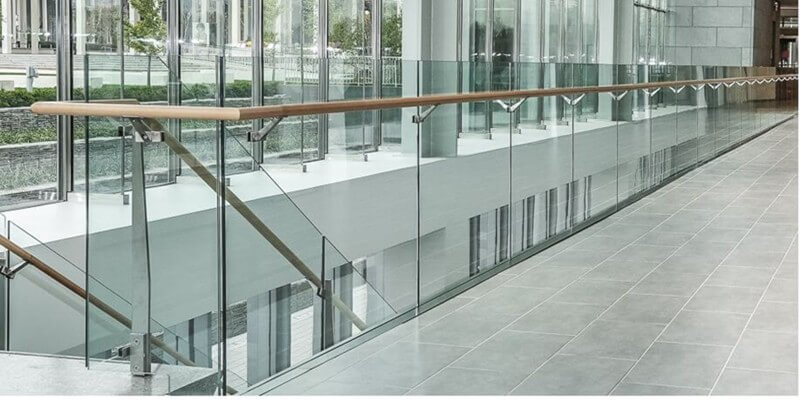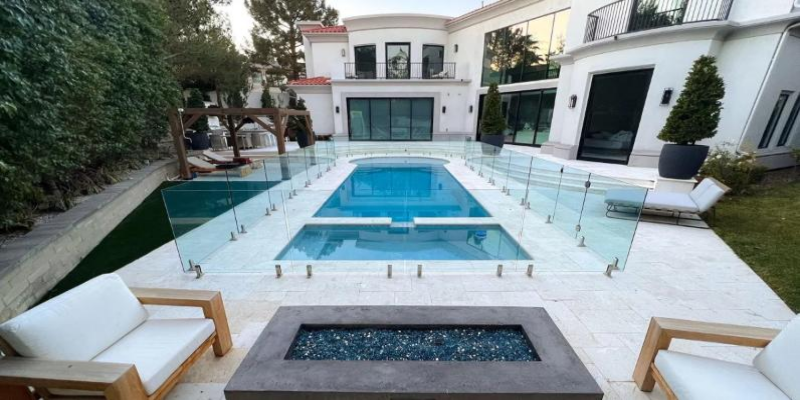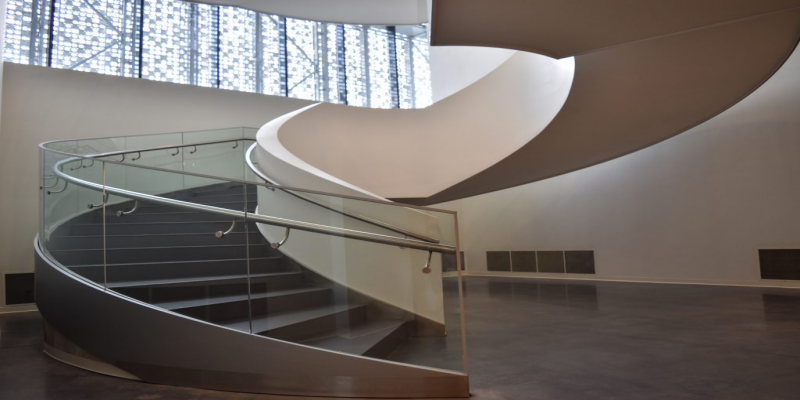Editor: View Mate All Glass Railing
Glass railings are known for their durability and long lifespan when properly designed, installed, and maintained. Their longevity can vary based on several factors, but in general, they can last 20 to 50
Years or more. Below is a detailed breakdown of the key factors influencing their lifespan and tips to maximize durability:
1. Factors Affecting the Lifespan of Glass Railings
Type of Glass:
Tempered glass (the most common for railings) is heat-treated to be 4–5 times stronger than annealed glass. It shatters into small, blunt pieces if broken, enhancing safety. With proper care, it can last 20–30 years.
Laminated glass (two layers bonded with a polymer interlayer) is even more durable, as the interlayer holds shards together if broken. It resists UV damage and moisture better, often lasting 30–50 years.
Heat-strengthened glass (less processed than tempered glass) has moderate strength but may not last as long in harsh environments.
Environmental Conditions:
Coastal areas: Saltwater, high humidity, and salt-laden air can corrode metal hardware (e.g., brackets, fasteners) over time, indirectly affecting the glass’s stability. Without proper maintenance, hardware may degrade in 10–15 years, requiring replacement.
Cold climates: Freeze-thaw cycles can stress glass if there are gaps or poor sealing, potentially leading to cracks.
Urban/industrial areas: Pollution, dust, and chemical exposure (e.g., from cleaning agents) may accelerate wear if not cleaned regularly
Quality of Hardware and Installation:\
Metal components (stainless steel, aluminum) must be corrosion-resistant. Low-quality metals can rust or weaken in 5–10 years, compromising the railing’s structure.
Poor installation (e.g., improper sealing, uneven pressure on glass panels) can cause stress cracks, reducing lifespan significantly.
Maintenance Practices:
Regular cleaning (using non-abrasive, pH-neutral cleaners) prevents mineral deposits, mold, or debris buildup, which can etch or damage glass over time.
Inspecting hardware for tightness, rust, or wear and replacing damaged parts promptly extends the railing’s life.
2. Tips to Maximize Longevity
- Choose tempered or laminated glass with a thickness of 10mm or more for structural strength.
- Opt for 316-grade stainless steel hardware in coastal areas (resists salt corrosion better than 304-grade).
- Ensure professional installation with proper sealing (e.g., silicone caulk) to prevent water infiltration.
- Clean glass 2–4 times a year (more frequently in harsh environments) and inspect hardware annually.
In summary, with high-quality materials, suitable for the environment, and regular upkeep, glass railings can be a long-lasting investment, often outperforming traditional railings like wood or wrought iron.
You want to know more: Contact us
Post time: Jul-18-2025









